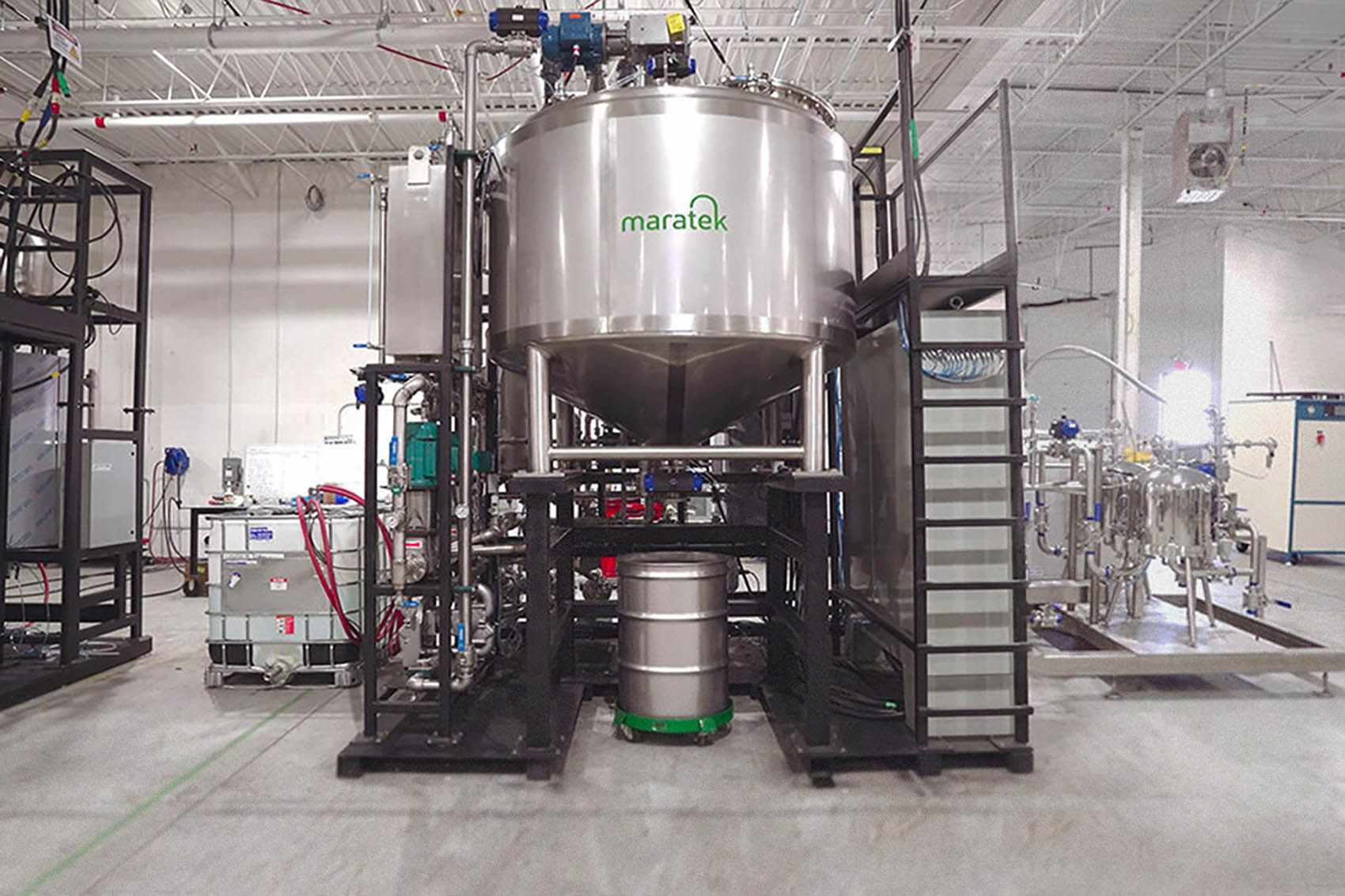What Are the Key Uses, Benefits, and Environmental Impacts of Glycol?
 In the world of chemistry, few compounds have as diverse a range of applications as glycol. From its role in antifreeze to its presence in cosmetics and pharmaceuticals, glycol plays a significant part in various industries. But what exactly is glycol, and why is it so versatile? In this blog post, we will delve into the fascinating world of glycol, exploring its uses, benefits, and environmental impact.
In the world of chemistry, few compounds have as diverse a range of applications as glycol. From its role in antifreeze to its presence in cosmetics and pharmaceuticals, glycol plays a significant part in various industries. But what exactly is glycol, and why is it so versatile? In this blog post, we will delve into the fascinating world of glycol, exploring its uses, benefits, and environmental impact.
What is Glycol?
Glycol is a type of organic compound characterized by its hydroxyl (-OH) groups, which are attached to each carbon atom in its structure. The most common type of glycol is ethylene glycol, a colorless, odorless liquid with a sweet taste. Another well-known glycol is propylene glycol, which shares similar properties but is less toxic and frequently used as a food additive.
Uses of Glycol
◾ Antifreeze: One of the most well-known uses of glycol is as a key component in automotive antifreeze. Ethylene glycol-based antifreeze helps prevent the engine's cooling system from freezing in cold temperatures while also raising the boiling point to prevent overheating.
◾ HVAC Systems: Glycol solutions are also used in heating, ventilation, and air conditioning (HVAC) systems to regulate temperature and prevent freezing in pipes and coils. This application is crucial in commercial buildings, data centers, and industrial facilities where precise temperature control is essential.
◾ Food and Beverage: Propylene glycol, recognized as safe by the FDA, is commonly used in the food and beverage industry as a humectant, solvent, and preservative. It helps maintain moisture in foods, acts as a carrier for flavors and colors, and extends the shelf life of certain products.
◾ Pharmaceuticals and Cosmetics: Glycol's hygroscopic properties make it an ideal ingredient in pharmaceuticals and cosmetics. It is often used in topical creams, lotions, and ointments to help moisturize the skin and enhance the absorption of active ingredients.
◾ Industrial Processes: Glycol serves various purposes in industrial processes, including as a coolant, solvent, and chemical intermediate. It is used in the production of polyester fibers, resins, and plastics, as well as in the manufacturing of explosives, paints, and inks.
Benefits of Glycol
✔️ Thermal Stability: Glycol-based solutions offer excellent thermal stability over a wide temperature range, making them suitable for both hot and cold applications. This property is particularly advantageous in automotive cooling systems and HVAC systems.
✔️ Versatility: Glycol's versatility stems from its ability to dissolve a wide range of substances, including water, organic compounds, and some inorganic compounds. This makes it a valuable component in various industries, from automotive to pharmaceuticals.
✔️ Hygroscopicity: Glycol's hygroscopic nature allows it to attract and retain moisture, making it an effective humectant in food, cosmetics, and pharmaceutical products. This property helps prevent products from drying out and maintains their quality over time.
✔️ Low Volatility: Compared to other solvents, glycol has relatively low volatility, meaning it evaporates slowly at room temperature. This makes it safer to handle and reduces the risk of exposure to harmful vapors in industrial settings.
While glycol offers numerous benefits, its environmental impact has raised concerns, particularly regarding ethylene glycol, which is toxic to humans, animals, and aquatic life. Spills of ethylene glycol-based antifreeze can contaminate soil and water, posing a threat to ecosystems and drinking water supplies.
One way to address these concerns is to use solvent recovery and recycling equipment. Here at Maratek we offer a variety of solvent recovery and recycling solutions that provide multiple benefits. Our systems are capable of recycling used solvents like glycol back to a near virgin state. This reduces the need to purchase new virgin solvent, reducing your costs. Another benefit of solvent recycling is reducing your solvent waste disposal, lowering your environmental impact and boosting your sustainability.
Glycol is a versatile compound with a wide range of applications across various industries, from automotive and HVAC to food and pharmaceuticals. Its thermal stability, versatility, and hygroscopic properties make it an invaluable ingredient in numerous products and processes. However, its environmental impact, particularly in the case of ethylene glycol, underscores the importance of responsible use and disposal practices.
By responsibly recycling using technology like Maratek’s solvent recovery & recycling systems, we can continue to harness the power of glycol for innovation and progress while safeguarding the environment for future generations
Sources:





